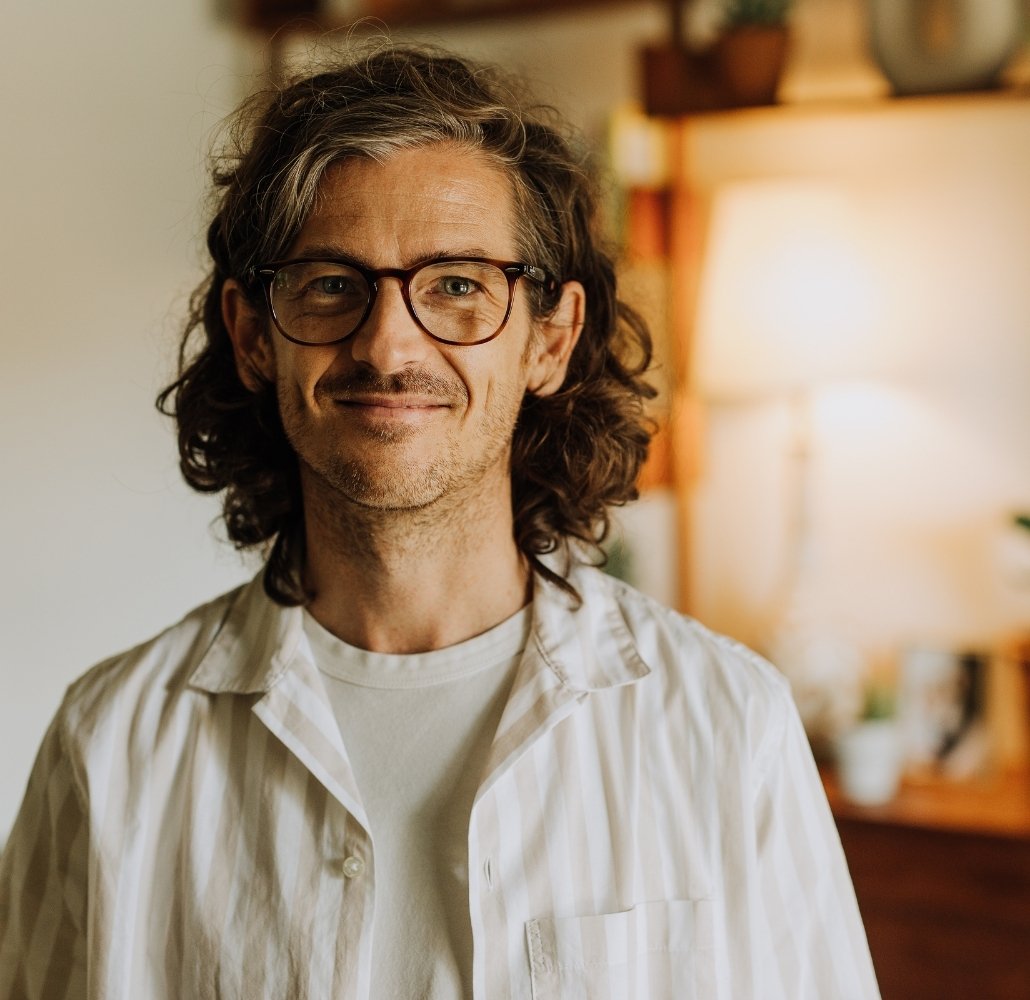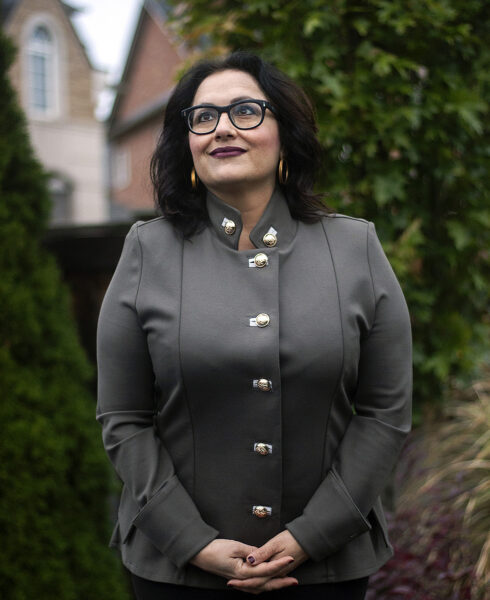My new book, In Crisis, On Crisis started with my curiosity about the way the first Trump presidency was defined as a “crisis of democracy.”The question of “what is crisis, and how has that term been used in the social sciences?” excited me.
It occurred to me that I was so fascinated partly because many of the characteristics of crisis were so familiar to me in my experience as an alcoholic. And I figured thinking in terms of crisis might help me understand different periods of my own struggle – my own autobiographical story.
Writing the book has been a transformative experience in my long struggle with addiction. It helped balance my history of destructiveness with a commitment to wholeness and vitality. The promise of something better, including growth and healing, was wrapped up in the work.
After writing the book, I’ve come to understand that it's helpful to pay attention to both the narrative continuity in one’s life, but also to the moments of rupture.
From crisis to clarity
When I look back at pivotal moments that contributed to my latest book, In Crisis, On Crisis: Essays in Troubled Times, some of them happened when I was doing my PhD at TMU.
At the end of my first semester, I had this epiphany. I realized that I was an alcoholic who needed help. I sought that help through the student counselling office, and being able to access support as a grad student was tremendously formative.
Then, halfway through my degree, I enrolled in a teaching development workshop that was led by Alan Sears, a faculty member in the sociology department. Over the years, Alan became a mentor to me, and then a colleague and a friend. We wrote a couple of books together, and Alan, my other advisors, fellow students and political organizers on campus are all part of the fuel that’s gone into this book.
Capturing moments in time
There are two essays in the book that I wrote deliberately to mark a specific time in my life that I wanted to capture in the moment.
“The Fall of Cuddling” captures the feeling of being a new parent in the first months of my son’s life. Like many caregivers, I found it strange to be so deeply immersed in the minute-to-minute physical aspects of raising a baby, while also being aware that this period was fleeting and that my child would not remember it.
The other essay, “Crisis Moves,” is about the move my family made from Hamilton to Paris, Ont., during the pandemic. I wanted to explore how disorienting it can be to move, whether by choice or not. People are uprooted, forced to create new place-attachments all the time; but the routineness of moving doesn’t make it any less painful.
In the future, I will be able to share them with my kids and their kids, documenting this fairly contained time in our lives.
Crisis always involves a political struggle
I hope the essays in this book make us more aware of how “crisis” gets used in public discussions. Because talking about crises always involves a political struggle, a clash among people with different interests, even when the term appears to be applied neutrally.
The problems we identify as crises and the solutions deemed legitimate depend on where we stand. For instance, everyone talks about “the housing crisis.” But to some, the crisis is that there aren’t enough homes, so we need to build more. To others, the problem is that housing prices are too high, so we need higher wages, more social housing or rent controls. Are you part of the elite political and business class? Or are you part of the vast majority of working people getting by pay cheque to pay cheque? The crisis looks different depending on your position in society. I hope people become more interested in the politics at the heart of crisis talk.
I also hope the book helps people reflect on periods of rupture in their own lives. When did things ‘explode’ for you? Maybe it was an illness, a job loss, a sudden move or losing someone close to you. By thinking deeper about how stability and rupture appear in our lives, we gain a better sense of agency over our own narratives.
– As told to Deborah Smyth
In Crisis, On Crisis: Essays in Troubled Times is available on the Wolsak & Wynn website.
James Cairns earned his PhD in Communication & Culture from TMU in 2008. He is currently a faculty member at Wilfrid Laurier University.
Related stories:






